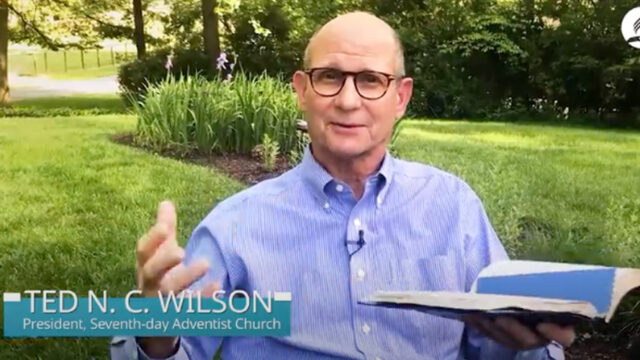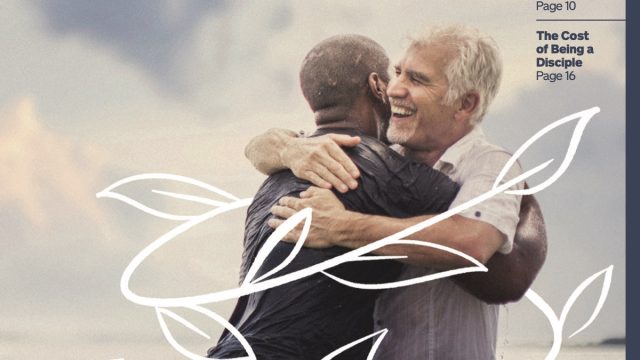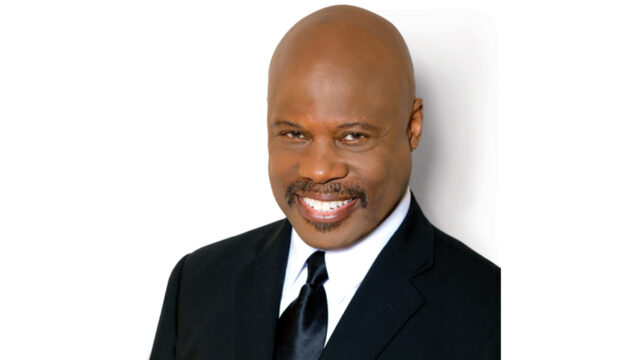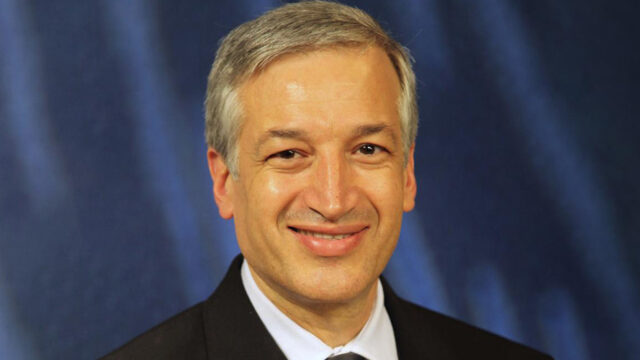Roy Adams says that in his new volume, he sought “to exude the beauty of the sanctuary.”

Roy Adams worked as a teacher and pastor before serving for 22 years as an associate editor of Adventist Review and Adventist World. Now retired, he continues to write and speak, as well as being active in his local church. He spoke about his books, Revisiting the Sanctuary and Its Significance within Adventism (Pacific Press, 2023) and Looking for a City: Briefings for Pilgrims on Their Journey Home (Review and Herald, 2014).
What prompted your new book, Revisiting the Sanctuary?
Primarily, it was a 49-page, single-spaced essay by the late Dr. Raymond F. Cottrell — a devastating take-down of the Adventist doctrine of the sanctuary. Given my long-standing respect for Dr. Cottrell, I listened carefully to his arguments. And having listened, I felt the need to respond. Beyond answering Cottrell, however, I wanted to exude the beauty of the sanctuary, as well as tackle certain sanctuary themes the church traditionally mishandles.
You have written previously on this topic. What does this new book add to your previous work?
The first book on this topic was my dissertation. It was basically a historical-theological inquiry and critique of the doctrine as Adventists understand it. My second book — The Sanctuary (1993) — was primarily a theological presentation of my own understanding of this central Adventist teaching. A primary purpose of this third book was to address some of the criticisms leveled at the doctrine by Dr. Cottrell, but it was also to respond to the many Adventist and non-Adventist critics who have advanced similar arguments. My motive was not to “defend the church,” as such, but to give the objections in question a careful and critical hearing and, in as objective a manner as possible, come up with biblical answers that would pass the test of theological common sense.
Why is this doctrine so important to Seventh-day Adventist faith?
The clear reason, I think, lies in the origin of the Adventist Church as a religious communion. Arising from the Millerite movement of the mid-19th century, it took its fundamental theological cues from that movement’s emphasis on matters having to do with “the sanctuary,” however defined. The emergence of Adventism centered around the re-interpretation of this basic Millerite idea, which validated Adventism’s existence as a separate religious community. Should that rug be pulled, Adventism unravels as a viable theological entity.
Why do you think this topic has been so controversial in our history?
There is pressure from other Christian religious entities that reject the sanctuary teaching as unbiblical, as well as a tendency of members of smaller religious communities to accede, over time, to the positions of larger, more influential religious organizations, for the sake of theological respectability. Then there is the inherent difficulty and complexity of some of the basic texts underlying the sanctuary doctrine — passages like Daniel 8 and 9 — and the insertion of the concept of an “investigative” judgment seems to fly in the face of New Testament notions of acceptance and assurance. The key to theological amity going forward will be to focus on the broader, more fundamental aspects of the doctrine, emphasizing its grand themes of justice, mercy, and assurance.
Tell us about your book Looking for a City.
My interest in the sanctuary had its roots in the book of Hebrews, which I avidly read as a teenager joining the Adventist Church. Hebrews presents Christians as exiles and strangers here on earth — as pilgrims heading to a heavenly homeland. Such sentiments stir me to the very core — like a sacred vision, bubbling with anticipation and hope. While describing obstacles on the Christian journey, Looking for a City seeks to capture in the present a taste of this supernal excitement.
What do you hope your writing has added to the life of the church over the years?
I’ve always resisted being pigeonholed as “liberal” or “conservative” — or even “moderate.” I’ve just wanted to think as an individual. And I’ve always hoped that my writings might be seen as blending scholarly rigor with personal faith, inspiring fellow Adventists (and non-Adventists, for that matter) to say: “This makes sense.”
The original version of this interview was posted by Adventist Record.








